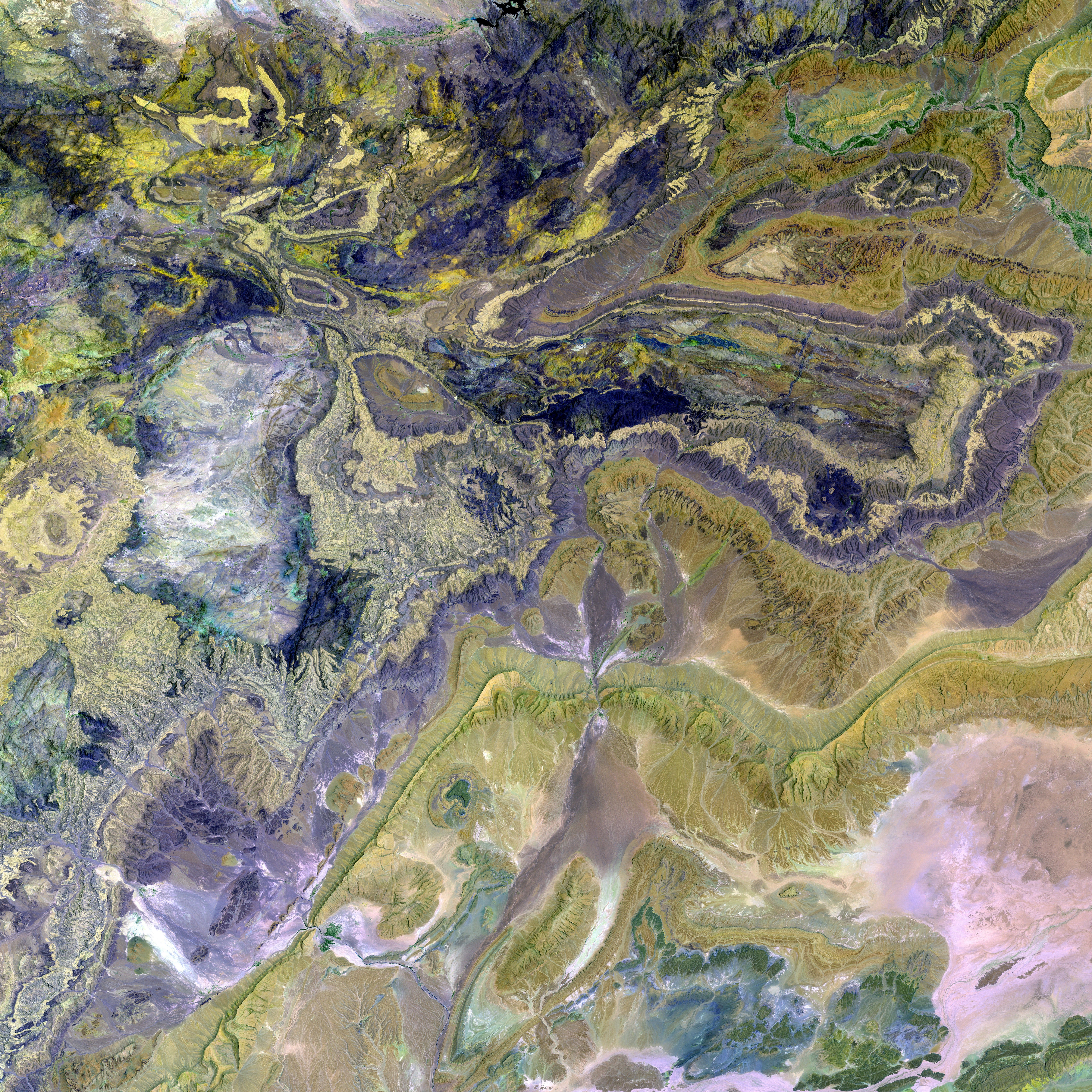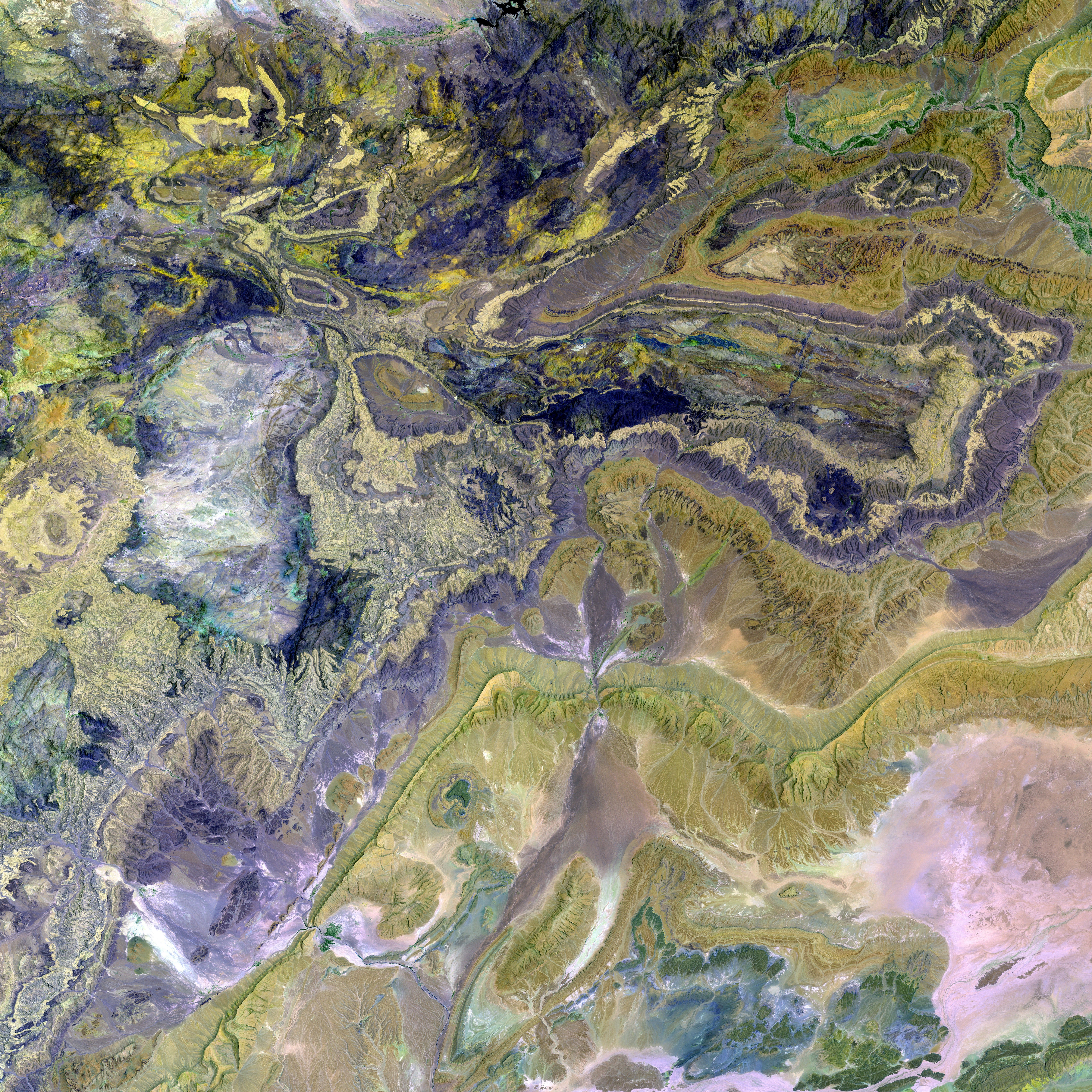Unpacking the Gaza Crisis
Israel accused of intensifying a "grave humanitarian crisis": Hamas's allegations
The Islamic movement Hamas has called out Israel for utilizing humanitarian aid as a political pawn, worsening the predicament in the Gaza Strip. On the other hand, Israel's political-security cabinet endorsed a strengthened military action against Gaza, including a potential takeover and encouragement of Gazan evacuation, as per an Israeli source. Communications Minister Shlomo Karhi commented, "This is the right course of action - now we must execute it with vigor, coherence, and without faltering."
Netanyahu's Support for Trump's Plan
The same source revealed Israeli Prime Minister Benjamin Netanyahu's continued backing of the Trump initiative, aiming to facilitate Gazan inhabitants' voluntary departure. Negotiations regarding this matter are ongoing. This move, however, has sparked a global outcry.
Food Provision in Gaza
The cabinet also allowed for humanitarian aid distribution in Gaza if needed, to counter Hamas' control of supplies. Despite Israel's assertion of sufficient food in Gaza, international aid organizations have pointed out a severe lack of resources in a Gaza strip that has endured over a year and a half of war.
Dominant Concerns in Israel
The new plan by the Israeli government has raised concerns for the Forum of Hostage Families, as it allegedly sacrifices hostages. Out of 251 kidnapped individuals on October 7, 2023, 58 remain captive in Gaza, including 34 confirmed deceased by the Israeli army.
The offensive in Gaza involves critical military tactics and diplomatic maneuvers. Key aspects include:
- Military Actions: Airstrikes, ground incursions, and demands for militant dismantlement are common strategies. These operations are usually justified to protect Israel's citizens and territory.
- Humanitarian Consequences: The offensive can lead to widespread civilian displacement, infrastructure damage, and shortages of essentials like food, water, and medical care.
- Casualty Count: Both Palestinian and Israeli casualties are prevalent, with civilians often suffering the brunt of the violence.
International reactions typically emphasize restraint and the pursuit of a peaceful resolution. Key players include:
- United Nations: The UN often calls for a ceasefire to prevent further escalation and pressure Israel to protect civilians.
- United States: The US supports Israel's self-defense rights but encourages caution to limit civilian casualties.
- European Union: EU member states generally advocate for a peaceful settlement and express concern over the humanitarian situation.
- Middle Eastern Countries: Arab states condemn Israeli actions and support Palestinian rights, while Egypt and Jordan may mediate a ceasefire.
Critical concerns during any escalation in Gaza include:
- Humanitarian Crisis: The risk of a severe humanitarian disaster increases with the expansion of military operations, leading to increased displacement, loss of life, and damage to infrastructure.
- Escalation and Stabilization: The situation can further escalate, dragging in additional regional actors and potentially destabilizing the Middle East.
- Long-term Peace Process: Militaristic actions can thwart efforts to achieve a lasting peace between Israel and Palestine, making a negotiated settlement more challenging.
- International Law: There are concerns about the legality of the military actions under international law, focusing on the protection of civilians and the proportionality of responses.
In light of the ongoing Gaza crisis, international reactions remain focused on advocating for a peaceful resolution, with the United Nations calling for a ceasefire to prevent further escalation and protect civilians. Meanwhile, the European Union and Middle Eastern countries push for a negotiation towards a peaceful settlement, expressing concerns over the humanitarian situation worsened by war-and-conflicts. However, politics surrounding the distribution of humanitarian aid in Gaza create divisiveness, as Hamas alleges Israel is using aid as a political pawn, while Israel continues to support a plan leading to a possible displacement of Gazan inhabitants. Despite Israel's claims of sufficient food, critical political concerns about preventing a severe humanitarian disaster and respecting international law remain.









